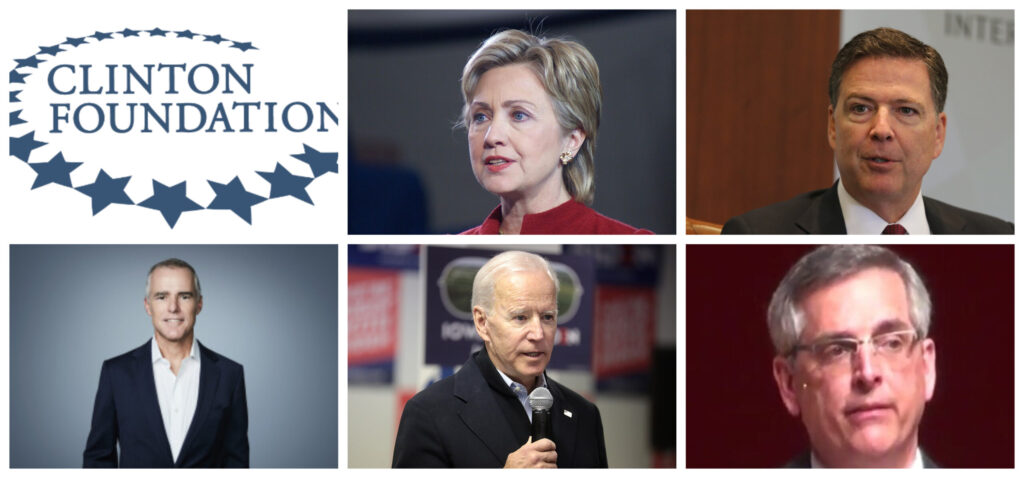Trump Demands Prosecution of Political Opponents, Including New York Attorney General
On September 22, 2025, U.S. President Donald Trump publicly demanded that the Department of Justice prosecute several political opponents, including New York Attorney General Letitia James, sparking widespread alarm among legal experts and democracy advocates.

U.S. President Donald Trump escalated his campaign against political adversaries on September 22, 2025, by openly pressuring the Department of Justice and Attorney General Pam Bondi to pursue criminal charges against a list of his political opponents. In a Truth Social post over the weekend, Trump criticized the Justice Department for inaction, stating, “We can’t delay any longer, and it’s killing our reputation and credibility.” Among those named were former FBI Director James Comey, California Senator Adam Schiff, and New York Attorney General Letitia James, all of whom have played prominent roles in investigations or legal actions involving Trump.
Unprecedented Demands and Legal Community Response
Trump’s demands mark his most explicit public call yet for the prosecution of specific political figures. According to NBC News, the President’s statements have intensified concerns about the erosion of the Justice Department’s independence from the White House. Legal analysts appearing on MSNBC described the move as “highly irregular” and “deeply unethical,” warning that such direct intervention undermines the foundational principle that prosecutions should be based on evidence, not political vendettas. Former prosecutors and Justice Department officials have reported a climate of fear and uncertainty within the department, with some resigning or being dismissed under pressure to comply with the President’s wishes.
The case of federal prosecutor Eric Siebert, who recently resigned after refusing to pursue charges against Letitia James, has become emblematic of the internal turmoil. Siebert reportedly concluded there was no crime to prosecute after reviewing the evidence, but the President insisted he was fired for insubordination. This episode has fueled further debate about the dangers of politicizing the justice system, with experts warning that targeting individuals for prosecution based solely on their opposition to the President threatens the rule of law.
Implications for U.S. Democracy and Rule of Law
The President’s actions have drawn sharp criticism from democracy advocates and legal scholars, who argue that the use of prosecutorial power as a tool against political enemies is characteristic of authoritarian regimes. Catherine Christian, a former Manhattan Assistant District Attorney, told MSNBC that such tactics resemble a “star chamber,” where individuals are targeted not for proven crimes but for being perceived adversaries. She emphasized the chilling effect on public servants and the broader public, who may fear retribution for opposing the administration.
Further complicating the situation, investigative reporting by MSNBC revealed that the Justice Department and FBI recently halted an unrelated investigation into a Trump administration official, raising questions about selective enforcement and the politicization of federal law enforcement. While the White House maintains that no laws were broken and dismisses allegations of political motivation, independent sources within the Justice Department have contradicted these claims, pointing to a pattern of interference and pressure from the executive branch.
As the controversy unfolds, the integrity of the U.S. justice system and the resilience of democratic norms are being put to the test. The coming days are likely to see increased scrutiny of the Justice Department’s actions and further debate over the appropriate boundaries between the executive branch and independent law enforcement.